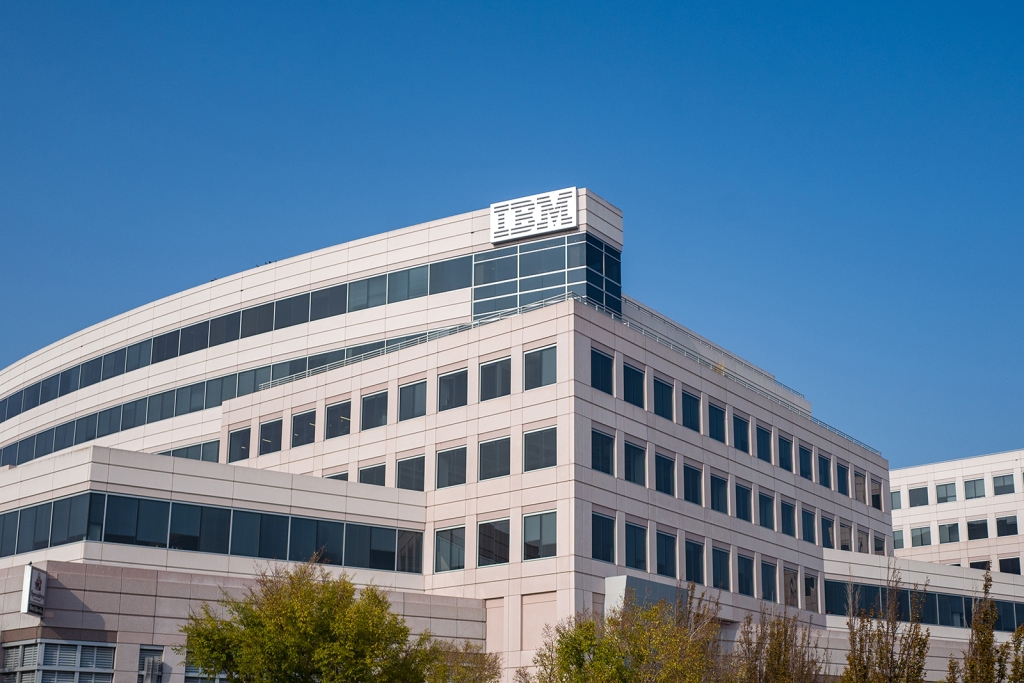By Laurie McGinley | Washington Post
A dozen patients in three states were hospitalized with serious bacterial infections after receiving injections of umbilical cord blood that purportedly contained stem cells, according to federal and state health officials.
The Food and Drug Administration said Thursday that it had issued a warning to San Diego-based Genetech Inc., the company that manufactured the treatment that contained E. coli and other dangerous bacteria.
The patients in Florida, Texas and Arizona became seriously ill after receiving injections and IV infusions of the product at orthopedic clinics, according to a report by researchers from the Centers for Disease Control and Prevention, the FDA and the Florida Department of Health.
The patients were seeking relief from degenerative joint disease, back pain and a rotator-cuff tear, the account said. Three were hospitalized for at least 30 days – and one for 58 days – as doctors battled the infections. All the patients survived.
“This investigation highlights the serious potential risks to patients of stem cell therapies administered for unapproved and unproven uses,” said the report, which was published in CDC’s Morbidity and Mortality Weekly Report.
The CDC said it had tested unopened vials from the Texas and Florida clinics where the patients were treated, and concluded the contamination occurred before the product was sold by Liveyon, a distributor based in Yorba Linda, California. Liveyon conducted a voluntary recall of the product, called ReGen, in September.
The for-profit, direct-to-consumer stem cell industry has grown rapidly in the United States after originating abroad. Today, several hundred clinics sell therapies to treat conditions including Parkinson’s disease and multiple sclerosis. Some sell stem cells derived from patients’ own blood, fat or bone marrow, while others use stem cell products manufactured by outside suppliers.
Some patients have been injured by the treatments, including a few women who suffered severe vision loss after being treated at a Florida stem cell clinic in 2015. The cases were documented in the New England Journal of Medicine last year.
The FDA has approved stem cell treatments only for blood disorders such as leukemia. Several clinic operators have said they are not under FDA jurisdiction, however, because they are practicing medicine, not manufacturing a medical product.
Signaling stepped-up concerns about the unapproved treatments, the FDA also said Thursday that it had sent letters to 20 clinics selling such treatments and urged them to contact the agency to discuss how to come into compliance with agency rules for the products.
A year ago, it issued a “regulatory framework,” detailing the applicable regulations, but said it would use “enforcement discretion” until November 2020 to allow companies to come into compliance — as long as the companies didn’t pose safety risks to patients.
In Thursday’s statement, FDA Commissioner Scott Gottlieb said the agency plans to focus on companies that “skirt safety measures and put patients at risk.”
The FDA said that it had inspected Genetech in June and found “significant deviations” from good tissue and manufacturing practices – lapses that it said may have led to microbial contamination and serious blood infections. It also said the company’s product was a drug that could be used only under an FDA license or an investigational new drug application, but that no such licenses or applications exist.
In a Nov. 29 warning letter to Genetech, the agency said the company’s responses to the FDA’s complaints “do not demonstrate that you have corrected the deficiencies” or address the fact that the company is marketing what the agency says is an illegal drug.
The FDA asked Genetech to respond within 15 days on how it will correct the problems cited in the warning letter. A recording on Genetech’s number, as listed in the Dun & Bradstreet business directory, has been disconnected.










